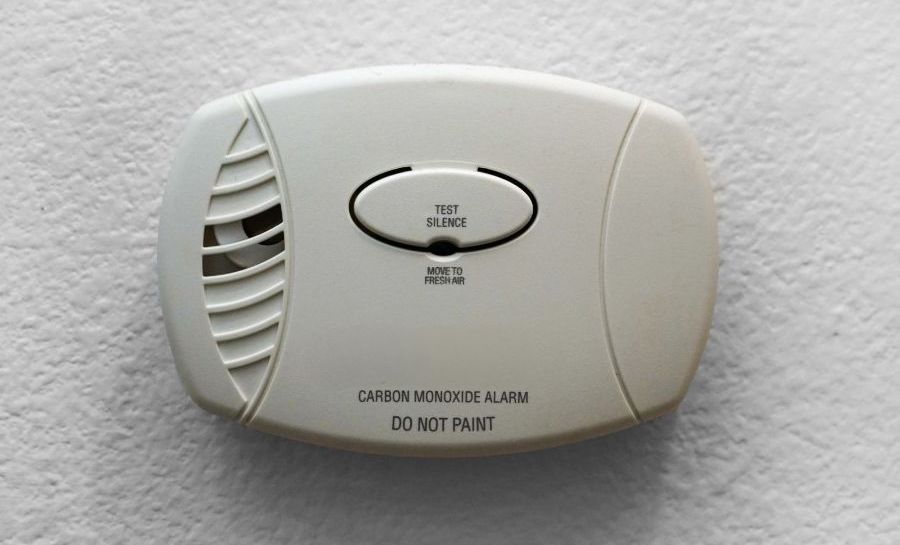Carbon Monoxide or CO is a colorless, odorless, and tasteless toxic gas. This substance is extremely dangerous. According to the Centers for Disease Control and Prevention, from 2010 to 2015, there were 2,244 deaths caused by unintentional carbon monoxide poisoning. The incidents most commonly occur during the winter months. Why? Typical items that produce Carbon Monoxide include but are not limited to...
Gas Furnaces, Dryers, Stoves, And Water Heaters
Fireplaces
Charcoal Grills
Automobiles
So, persons are merely trying to stay warm and cozy, but the toxic gas, which is produced as a by-product of combustion has other ideas. Death is not the only outcome though. Many people, including residents right here in , sustain injuries from carbon monoxide. Therefore, it is best to get out of the house if you start experiencing symptoms such as...
Headache
Fatigue
Nausea
Blurred Vision
Shortness Of Breath
You Can't Be Too Careful When Health And Well-Being Are The Primary Topics Of Concern
Convulsions, loss of consciousness, and death can all occur from being exposed to carbon monoxide for an extended period. CO prevents oxygen from being carried through the bloodstream to body tissues and vital organs like the brain and heart. Hence, it is of the utmost importance for homeowners to install CO detectors in their houses. Doing so can protect themselves and their loved ones from the odorless gas.
How Many Carbon Monoxide Detectors Do You Need?
The Consumer Product Safety Commission recommends that people put one CO detector on each floor of the home. If for some reason this action is not feasible, at a minimum, it is a good idea to install a unit on every floor containing a bedroom. Also, placing a device near a fuel-burning appliance such as a water heater or furnace can be beneficial. citizens will want to mount the equipment near the ceiling for it to provide them with the best results.
Be sure to look at the manufacturer's installation instructions as certain stipulations may apply. For instance, some call for the devices not to be placed within five feet of gas appliances. Meanwhile, others suggest that the detectors are not used around cooking or bathing areas. So, read over the manual and make sure that you have all of your ducks in a row.
Things To Do And Not Do When The Alarm Sounds
In most cases, CO alerts are not life-threatening. However, staying put and doing nothing can prove to be a recipe for disaster. The longer a person is exposed to the gas, the higher their chances are of falling ill. Firstly, it is important to get everyone out of the house and into the fresh air. Then, the gas needs to be shut off to the appliances. Persons can do this chore themselves if they feel it is safe. If not, they may want to contact qualified ventilation and heating professional to check the system.
People that shut things down on their own should attempt to air out the house by opening doors and windows. Next, they will want to reset the CO detector. If the alarm goes off again, or the individual just doesn't feel safe, they should go to a secure location and contact 911.



